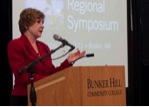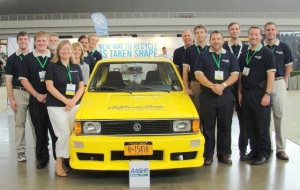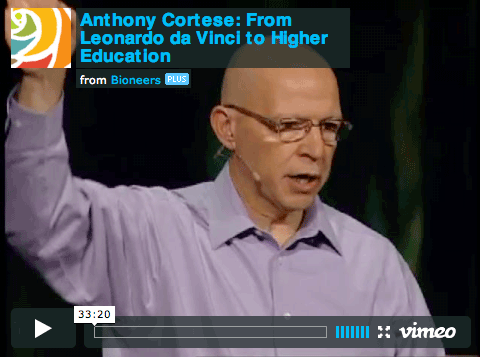After Five Warm & Stormy Years, Higher Education Leaders Keep Commitment to Confront Climate Change
By Georges Dyer, Vice President, Second Nature
(This article appears in the June, 2012 issue of The ACUPCC Implementer and originally appeared in The New England Journal of Higher Education on May 21, 2012 )
Preparedness. Opportunity. Innovation. These words capture the essence of higher education’s critical role in creating a healthy, just and sustainable society. Leaders in higher education are standing up to the greatest challenge of our time by providing education for sustainability and preparing graduates to create a sustainable economy. They are providing the opportunity for more students to access higher education by reigning in costs through energy efficiency and smart building. And by demonstrating sustainability solutions on campus, through research, and in partnership with local communities, they are driving the innovation needed for a true and lasting economic recovery.
- Read more about After Five Warm & Stormy Years, Higher Education Leaders Keep Commitment to Confront Climate Change
- Add new comment















